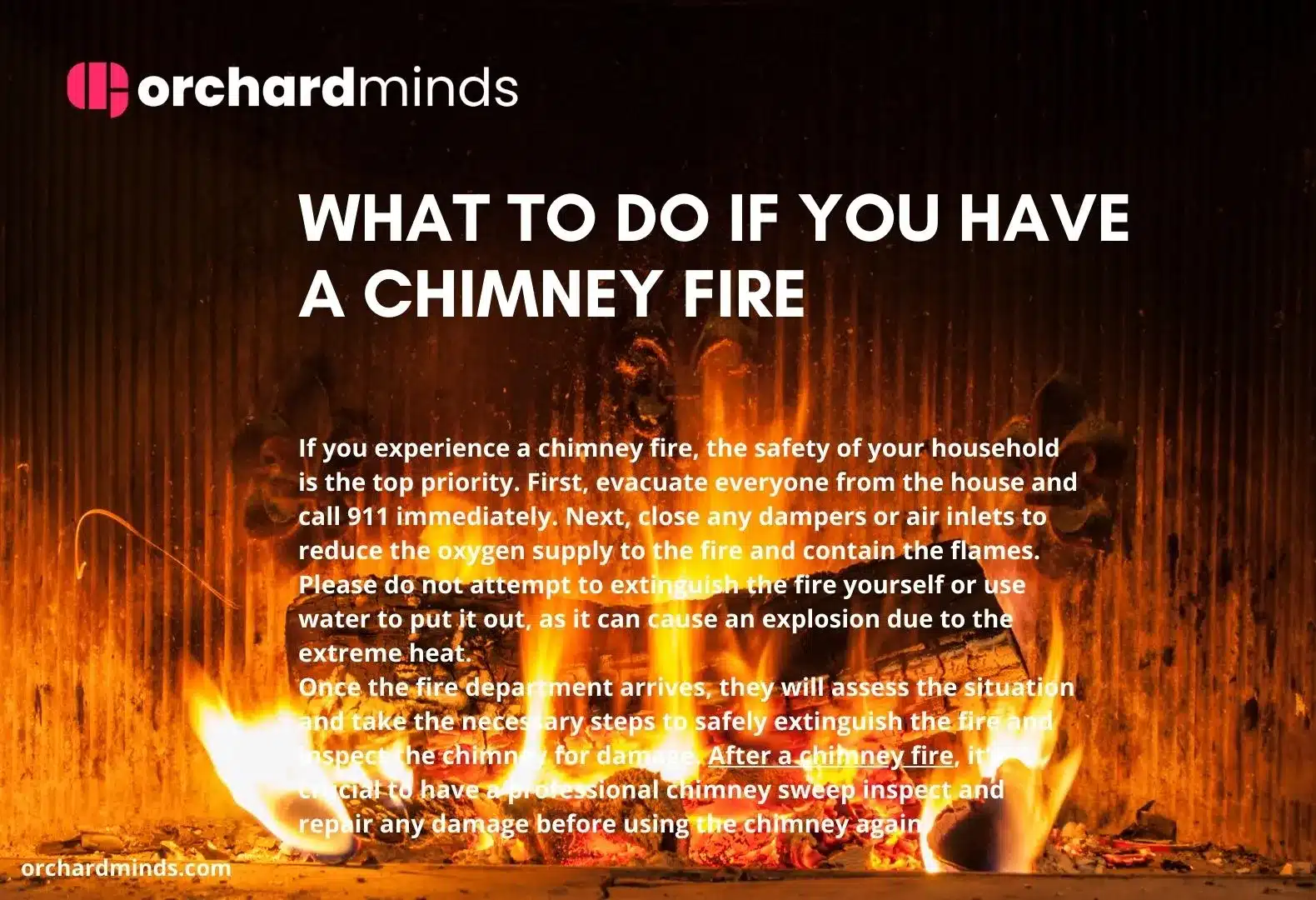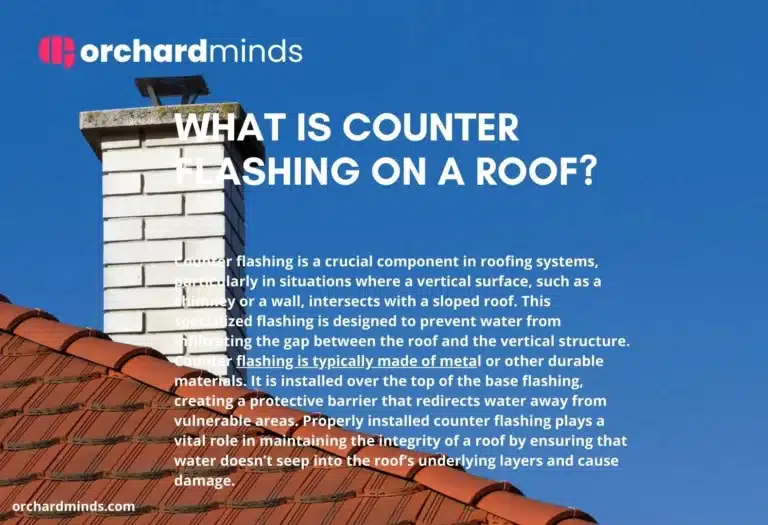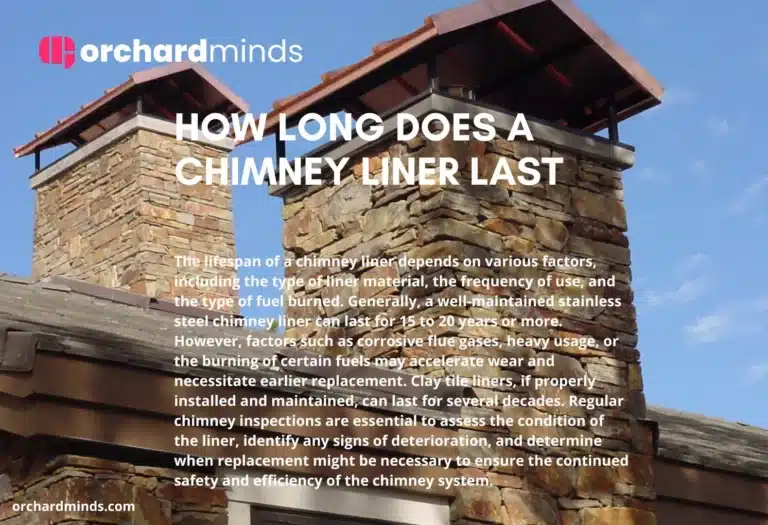what to do if you have a chimney fire
If you have a chimney fire, your family’s safety is of utmost importance. First, evacuate everyone from the house and call 911 or any other local emergency number immediately after that. Then close any dampers or air inlets to starve the fire of oxygen supply and hence to contain the flames.”. Do not try to put out the fire yourself or use water to extinguish it, as the extreme heat can blow the door off or cause an explosion. Back away, and call 9-1-1. After the fire department arrives, they will evaluate the situation and take whatever steps are necessary to put out the fire in a safe fashion and inspect the chimney for damage. Finally, after a chimneyside fire, the flue must be inspected by a professional chimney sweep before use can be resumed, and any damage addressed.
Why do chimney fires start?
Chimney fires typically start due to the accumulation of creosote-a highly flammable substance-within the chimney flue. Creosote is formed when unburned wood particles and other byproducts of combustion condense and stick to the inner walls of the chimney. With time, this becomes a flammable tar-like substance if the temperatures are super high from, say, a roaring fire in the fireplace or iron wood-burning stove. Inadequate cleaning and general maintenance of chimneys, especially with unseasoned wood that is usually burned or poor wood-burning practice, can significantly contribute to the formation of creosote buildup and, hence, chimney fires. Prevention of these dangerous, damaging fires, therefore, requires regular chimney inspections, cleaning, and safe burning practices.
Alert: What are the signs of a chimney fire?
Hence, it is essential to be able to identify the signs of a chimney fire to take all possible measures right now for safety. A few general indications of a chimney fire include loud cracking or popping noises coming from the chimney, thick and dark smoke billowing out at the top of the chimney, and intense flames that are visible shooting out from the top of the chimney.
There could be an intense, abnormal odor inside the residence, abnormally high heat emanating from the flue, or visible embers or sparks emitting from the fireplace or wood stove. If you believe a flue fire is happening, vacate the dwelling, call 911, and do other appropriate counter-measures before waiting for the fire department’s arrival.
How to Put Out a Chimney Fire
It is hazardous to attempt to put out a chimney fire, and it should not be done. Water and other extinguishing agents could create an explosive situation when poured on a chimney fire due to the extremely high temperatures involved, further exacerbating the problem.
When there is a chimney fire, the first thing to do is to get everybody inside the house out, phone 911, and wait for the pros to take over. The supply of oxygen could be reduced by the closure of any dampers or air inlets, and this will contain the fire to some extent, but only properly trained and adequately equipped firefighters should attempt to put out a chimney fire safely and effectively.
Action: What to do after a small fire in your chimney
Following a small chimney fire, several very significant steps must be taken for safety and prevention of recurrence. Immediately cease use of the fireplace or wood-burning stove and close any dampers to starve the fire of oxygen and reduce additional air supply going into the chimney. The chimney should be immediately inspected by a professional chimney sweep to determine the extent of any damage and find out why the fire occurred. It is, therefore, very important that any issues identified are rectified, such as a creosote buildup or damaged firebacks, chimney facings, etc. prior to the fireplace or stove being reused.
Consideration should also be given to implementing safer burning practices and cleaning and inspecting the chimney regularly to significantly minimize the risk of an actual fire occurring in the future. Also, it is advised to have a chimney cap installed in your chimney if you do not have one yet to keep everything out of your system from rainwater, debris, and up to Animals. Have regular inspections for any sign of creosote buildup and have it cleaned out regularly to help decrease the possibility of having Chimney fires. And last but not least, have your fire made from seasoned dry wood and have a good draft when you have it burning to save yourself from creating creosotes and make your chimney safer.
Large chimney fire
If a large chimney fire occurs, the first concern is the safety of all occupants. Evacuate the house immediately and call 911 to alert the fire department. Do not attempt to fight the fire yourself; chimney fires are scorching and extraordinarily dangerous. While keeping as far away from the fire as possible, closure of all dampers and inlets for air should be made but water, or other extinguishing agents, should not be applied as, because of the high temperature, there is every probability of an explosive reaction occurring. Just wait for the professionals to come because they have the equipment and the training to deal with a big chimney fire in the safest, most effective manner possible while minimizing the chance of the fire moving into other areas of the house.
Prevention: The benefit of regular chimney inspections
Regular chimney inspections provide a host of benefits in themselves, chief among them being the elimination of any possibility of a chimney fire occurring and other such hazards. They help to detect problems and thereby aid in maintaining safety and proper functioning, spotting problems such as creosote buildup, cracks, obstructions, or damaged elements. Such inspections are even capable of helping to elongate the life of the chimney, thereby saving the astronomical costs of repair and replacement for the homeowner. They might also help ensure maximum efficiency is derived from the heating appliance, thereby providing energy consumption is reduced. In all, such service is valuable to any homeowner with the peace of mind, safety, and money that a regular chimney inspection can save a homeowner.




Leave a Comment